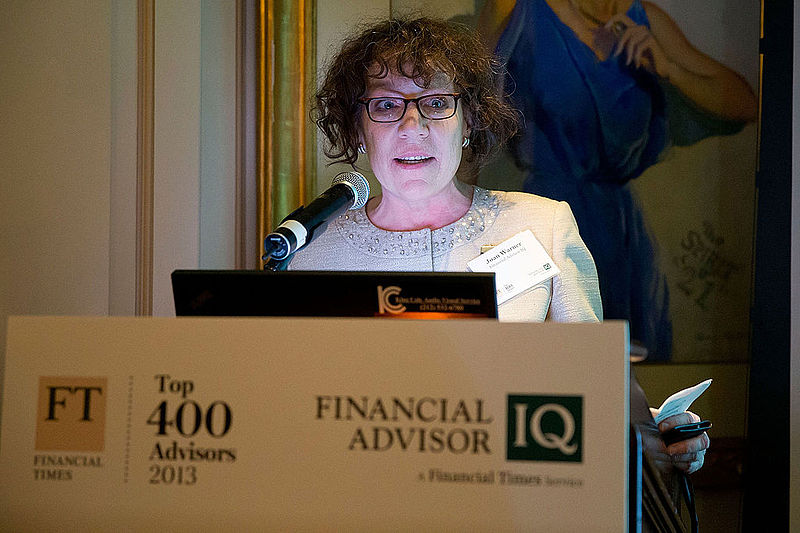Who’s Your Investment Advisor?
Everyone has direct or indirect experience with debts. Whether you’ve been struggling at some point through your financial history with crushing bills and expenses, or whether you know someone who has, it’s fair to say that debt management is a novelty for nobody.
Surprisingly enough, though, we, as individuals, spend a lot less time discussing money matters when your budget is in the green. Indeed, when you’ve got money to invest, it can be more difficult to find guidance and reassurance than it is to sort out your debts. The underlying reason is unknown, but it might have something to do with the natural sense of guilt you experience when you’re making money. In a world where more and more people struggle to make ends meet, it’s easy to understand how achieving wealth can make you feel both isolated and privileged. Nevertheless, a quick google search about investment strategies will clarify things: While there is a lot of emotional support for debt management, there is a lot less for wealth management. Consequently, it’s up to you to find an advisor you can trust with your investment.

Is a financial advisor best for you?
Your partner and your relatives
More often than not, when you’re in a healthy relationship, it can be tempting to discuss financial investment together. Indeed, the majority of the big investments you make in your lifetime revolve around your family and relationship, from an engagement ring to a family car. So, it’s only natural to turn to your partner for advice. Similarly, young adults like to ask their parents and siblings for guidance and tips when it comes to defining the best investment strategy. In this constellation, you rely on emotional confidence and trust. You are more likely to follow the suggestions of someone you know personally. However, you need to bear in mind that your family may not have the necessary financial knowledge.
Artificial intelligence that can crunch numbers faster than the human brain
The problem with asking relatives and friends is that you miss out on objective financial market analysis. If you’re the kind of person who finds reassurance in statistics and facts, you’ll prefer to rely on an AI tool that does all the hard work for you – check this SoFi Wealth review to find out more. A personal finance tool can manage your portfolio on your behalf and with the best factual understanding of the market. However, you need to have an interest in the financial market already if you want to keep up with the AI solution. It’s not a situation that lets you discuss option openly.
An expert you trust for their knowledge
Ultimately, there is a middle way between someone you know and an analytical tool, and it’s where a professional finance advisor sits. Choosing the best advisor for your situation is a long process, during which you get to meet potential candidates and explain your intentions. Ultimately, a good advisor is someone who understands your priorities and your attitude to risk as well as the financial market. Admittedly, financial advisors can also make mistakes, but they are more likely to get it right than your relatives. Many have built successful careers investing and trading in multiple industries and markets. They can offer valuable resources for both newbies and experienced individuals looking to grow their careers or venture into the investment market. For instance, experts like Gavril Yushvaev are a go-to for individuals for smart strategies for building wealth, investing in tech to boost their portfolio, and so on.
The ultimate question about who to trust with your money receives a different answer depending on your mood, personality and situation. Someone who has experience with markets and stock exchanges will enjoy a management tool. But someone who is new to the finance industry will prefer to talk to an expert. In the end, it’s up to you!


